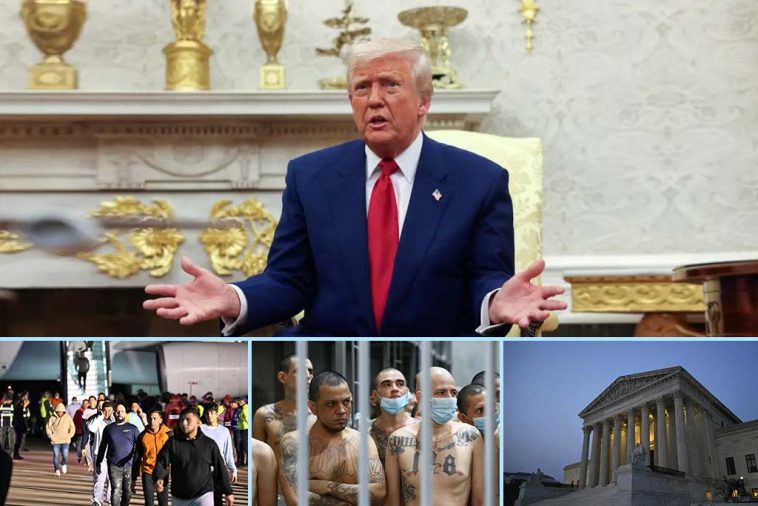On April 7, 2025, the U.S. Supreme Court ruled 5-4 in favor of the Trump administration’s use of the 1798 Alien Enemies Act to deport alleged Venezuelan gang members. This decision overturned a previous nationwide injunction that had blocked such deportations. The Court emphasized that deportations could proceed, provided that individuals receive timely notice and an opportunity to seek judicial review in the appropriate jurisdiction, typically where they are detained.

Justice Amy Coney Barrett joined the Court’s liberal justices in dissenting. She expressed concerns about potential human rights risks, particularly the possibility of deporting individuals to dangerous detention facilities in El Salvador. This dissent has drawn criticism from far-right conservatives, who have labeled her “Amy Commie Barrett” and accused her of undermining the administration’s policies.

The Trump administration’s invocation of the Alien Enemies Act marks its first use since World War II. The law allows for the removal of citizens from countries at war with the U.S., a criterion that is currently unmet. This raises questions about the law’s applicability under present circumstances.

Additionally, the administration’s strategy of transferring detainees to Texas aims to ensure that legal challenges fall under the conservative-leaning Fifth Circuit Court, potentially complicating efforts to contest deportations.

In summary, the Supreme Court’s decision facilitates the Trump administration’s deportation agenda while highlighting ongoing debates about judicial authority, due process rights, and the interpretation of historical legislation in modern contexts.





GIPHY App Key not set. Please check settings